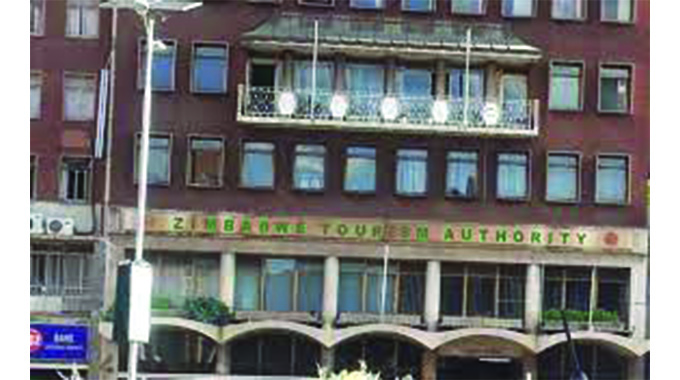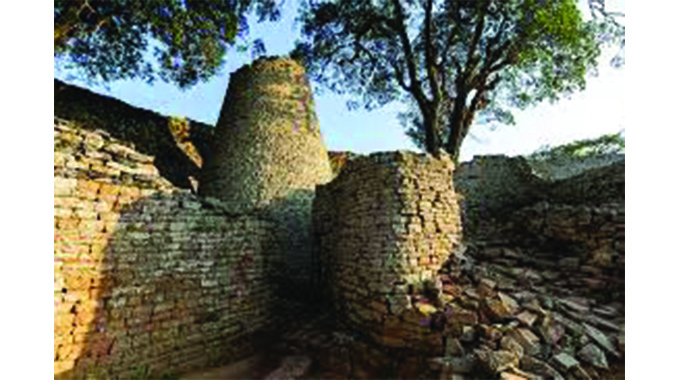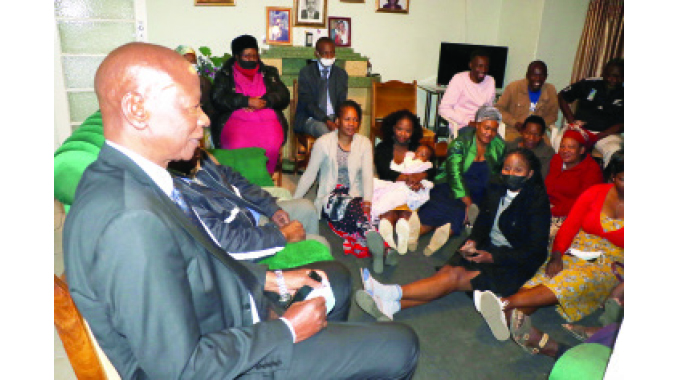Domestic tourism: A quick solution to the sector’s revival

Luckson Pasipanodya, Correspondent
THE tourism and hospitality industry was greatly affected by Covid-19 globally.
In Africa, thousands lost jobs while a number of sites became dormant.
In Zimbabwe, as elsewhere on the continent, the industry’s sustainability was damaged due to its over-dependence on foreign markets which were choked by restrictions on travelling as the world entered different phases of Covid-19-inspired lockdowns.

Covid-19 therefore, left the country’s tourism sector tottering, battered and scarred.
Now efforts are underway to get it back on its feet.
The Government, tourism captains and experts are exploring possible measures to keep the industry afloat even in case of eventualities such as Covid-19.
It is in light of this that the issue of encouraging domestic tourism must feature more prominently and be taken up where packages and even promotions should be launched to inspire locals to take the challenge.
This will dovetail with the philosophical wisdom of President Mnangagwa’s “Nyika inovakwa nevene vayo/ Ilizwe lakhiwa ngabaninilo,” a clarion call to the country’s citizens to partake in the development of the country.

President Mnangagwa
Zimbabwe’s tourist products include natural and man-made attractions.
The country’s tourism package is based on its natural resources, its people, its history, and its culture, among others.
Domestic tourists have a wide array of products to choose from.
At the top is Victoria Falls, one of the natural wonders of the world where a multiplicity of activities such as whitewater rafting, canoeing, and elephant rides, walking with lions and kayaking are on offer.
There is also extensive game viewing opportunities in the country’s national parks which include Hwange, Gonarezhou, the Matopos, the Zambezi, Mana Pools, and Nyanga.
The Great Zimbabwe Monument which is the second largest stone structure in Africa after the pyramids in Egypt, offers another unique site for family visits.

The Great Zimbabwe
These can be sold to local tourists at a lower cost to allow for the industry to revive.
An increase in the volume of local tourists can surely be useful as a post-Covid-19 recovery strategy for the whole sector.
Mass and niche marketing of tourism destinations should be an avenue useful in promoting domestic tourism in the country.
The traveling apathy by local people needs the tourism industry to restrategise and ensure that domestic tourism contributes to the industry for its recovery from Covid-19 effects.
Despite the potential that the sector possesses, it continues to suffer from growth-inhibiting post-Covid-19 challenges, thus undermining its overall contribution to growth, employment and poverty reduction.
While international tourism contributes a chunk to the gross domestic product, among developing countries like Zimbabwe, Zambia, Rwanda and Kenya, the outbreak of the Covid-19 pandemic created an opportunity to focus on domestic tourism as a recovery strategy to keep the industry alive.
Many countries depending on domestic tourism are commonly more equipped to withstand global shocks that have a bearing on travelling.
They can consolidate and sustain their tourism industry through selling of domestic products and services to the local market.
In Zimbabwe however, it is the culture of travelling that should be cultivated.
It is worth noting that improving and sustaining domestic tourism has a positive impact on sustainable economic development such as employment creation.
The salaries obtained from employment will come back to the industry if maximum effort is put in domestic tourism as an approach to industrial revival.
The Zimbabwe Tourism Authority (ZTA) and operators themselves have however, not been sitting on their laurels.
They have been marketing domestic tourism destinations, offering product or service promotions, advertising and educating local people on the importance of travelling domestically as a way of boosting the industry.
They have been placing domestic tourism at the forefront of strategies that have a likelihood of bringing back the industry to its glory days, pre-Covid-19 outbreak.
There is a need to encourage domestic vacations across the country as opposed to the traditional holidays of going to rural areas.
This can be further achieved with the aid of the Government and private sector growing salaries in an effort to make budgeting for vacations with families possible, easier.
The tourism industry is viewed as a vehicle for economic recovery in many countries the world over.
Tourism at large has been found to be resilient in terms of generating foreign currency and creating employment.
In Africa, it has conversely failed to stimulate domestic consumers in preparation of crisis times like the Covid-19 that has affected the bulk of the industry and its supply chain.
The potential of domestic tourism as a tool for economic growth is enshrined in the ability of stakeholders to use it as a recovery and sustainable model of business.
The cultural and natural heritage of Zimbabwe is frequently appreciated by international tourists than domestic tourists, yet domestic tourists are the closest link towards the industry’s recovery.










Comments